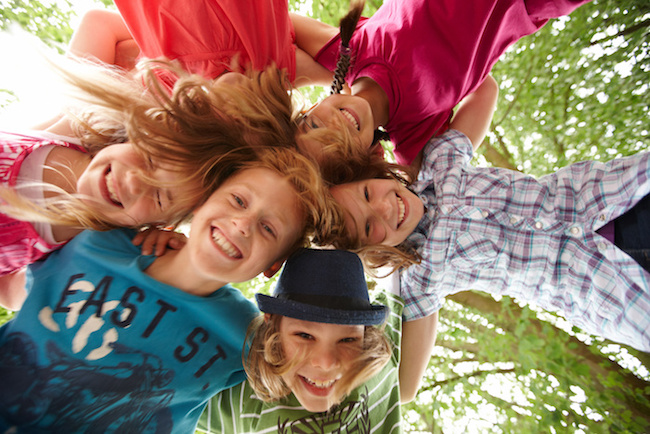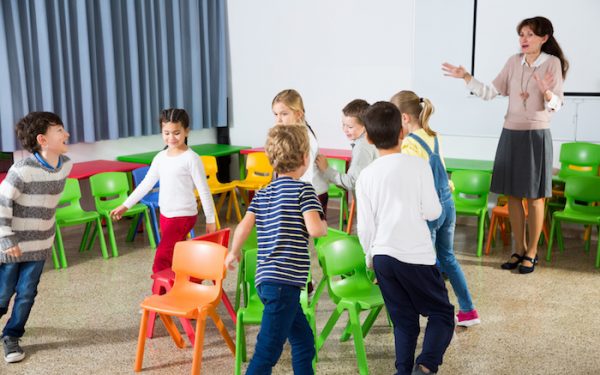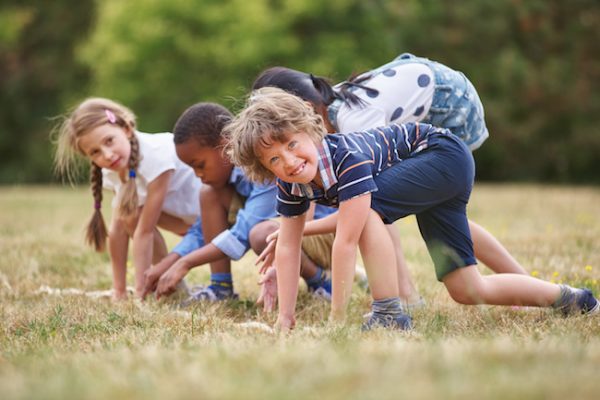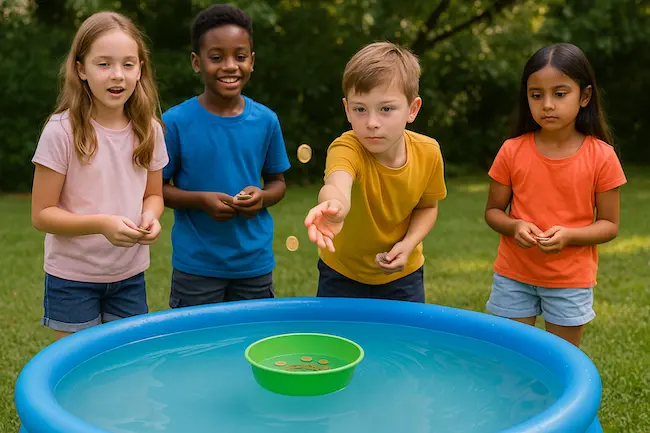Matching Card Hunt Game – A Fun Memory and Movement Challenge
Matching Card Hunt is an interactive memory and movement game that blends the excitement of a treasure hunt with the challenge of finding pairs. Designed for kids ages 5 and up, this game is perfect for birthday parties, classroom activities, or family game nights. By encouraging kids to search, match, and think critically, the Matching Card Hunt develops memory skills, observation, and teamwork—while keeping everyone active and entertained.
Game Sheet
To help you plan and organize the activity smoothly, here’s an overview of the game:
- Number of Players: From 4 children
- Ages: From 5 years old
- Supplies: Sets of matching cards (identical or themed pairs)
- Setting: Indoors or outdoors
- Play Time: Approximately 25 minutes
How to Play the Matching Card Hunt Game
Start by combining the thrill of a classic treasure hunt with the logic of a matching game. This makes it accessible for younger kids and easily customizable for older ones.
Setup and Objective:
Prepare matching pairs of cards in advance. Hide one half of each pair around the play area, and give the remaining half to the children. The goal is for each child to find the hidden cards that match the ones in their hand.
Game Instructions:
- Divide the children into individuals or small teams.
- Each player receives one or more cards and must locate the matching cards hidden in the space.
- Players who find a correct match earn a point or a small prize.
- The child or team with the most matched pairs by the end of the game wins!
Important Rule:
If a player finds a card that doesn’t match, they must put it back where they found it and keep searching.
Add a royal twist to your game time by checking out our Royal Scavenger Hunt adventure—a perfect mix of mystery and majestic fun!
Fun Variants to Adapt the Game
Add variety and challenge to suit different age groups and themes:
- Simple Matching: For young children, simply match identical cards (e.g., two apples, two stars).
- Themed Pairs: For older kids, use logical or themed pairings—Tom & Jerry, peanut butter & jelly, country & capital, or math operation & result.
- Progressive Rounds: Give out one card at a time. Once a player finds its match, they return both cards and receive a new one. The player with the most successful matches wins.
- Educational Twist: Add learning content—match synonyms, math problems and solutions, or science terms and definitions.
- Timed Challenge: Set a timer for each round to increase excitement and urgency.
These creative twists help make the game more educational and engaging depending on your objectives.
Embark on a thrilling search for hidden treasures with our Map Quest exploration game, perfect for team play and developing navigation skills!
Educational Benefits of the Matching Card Hunt Game
This game isn’t just about fun—it also supports key developmental skills:
- Memory and Cognitive Development: Strengthens visual memory, short-term recall, and pattern recognition.
- Gross Motor Skills: Encourages movement and coordination as children search and retrieve cards.
- Problem-Solving: Teaches kids to make associations, categorize information, and develop strategies.
- Teamwork and Social Skills: Fosters cooperation when played in pairs or teams.
- Observation and Focus: Trains children to scan environments carefully and recognize details.
- Adaptability: The game can easily be tailored to suit educational goals or group dynamics.
- Following Instructions: Reinforces rule-following and self-regulation in a playful context.
Add a dash of adventure to your event with our Pirate’s Gold treasure hunt, where kids solve clues and race to find hidden loot!
FAQ – Matching Card Hunt
Here are answers to some common questions to help you adapt the game to your needs:
- Can I make my own cards at home?
Absolutely! You can create themed cards with paper and markers, or print them out using templates. Just ensure each pair is visually clear. - Is this game suitable for large groups?
Yes, it works well in larger settings by dividing players into teams and creating enough cards to keep the activity engaging. - How can I make it more educational?
Use curriculum-related content: match animal names to pictures, math operations to results, or vocabulary words to synonyms. - What’s a good way to finish the game?
Wrap it up with a mini ceremony! Hand out “Best Matcher” or “Quick Thinker” certificates to recognize participation and learning.
Looking to turn every event into a playful adventure?
Check out our ready-to-print treasure hunts, escape rooms, and party games for kids—ideal for birthdays, classroom fun, and unforgettable family moments!






